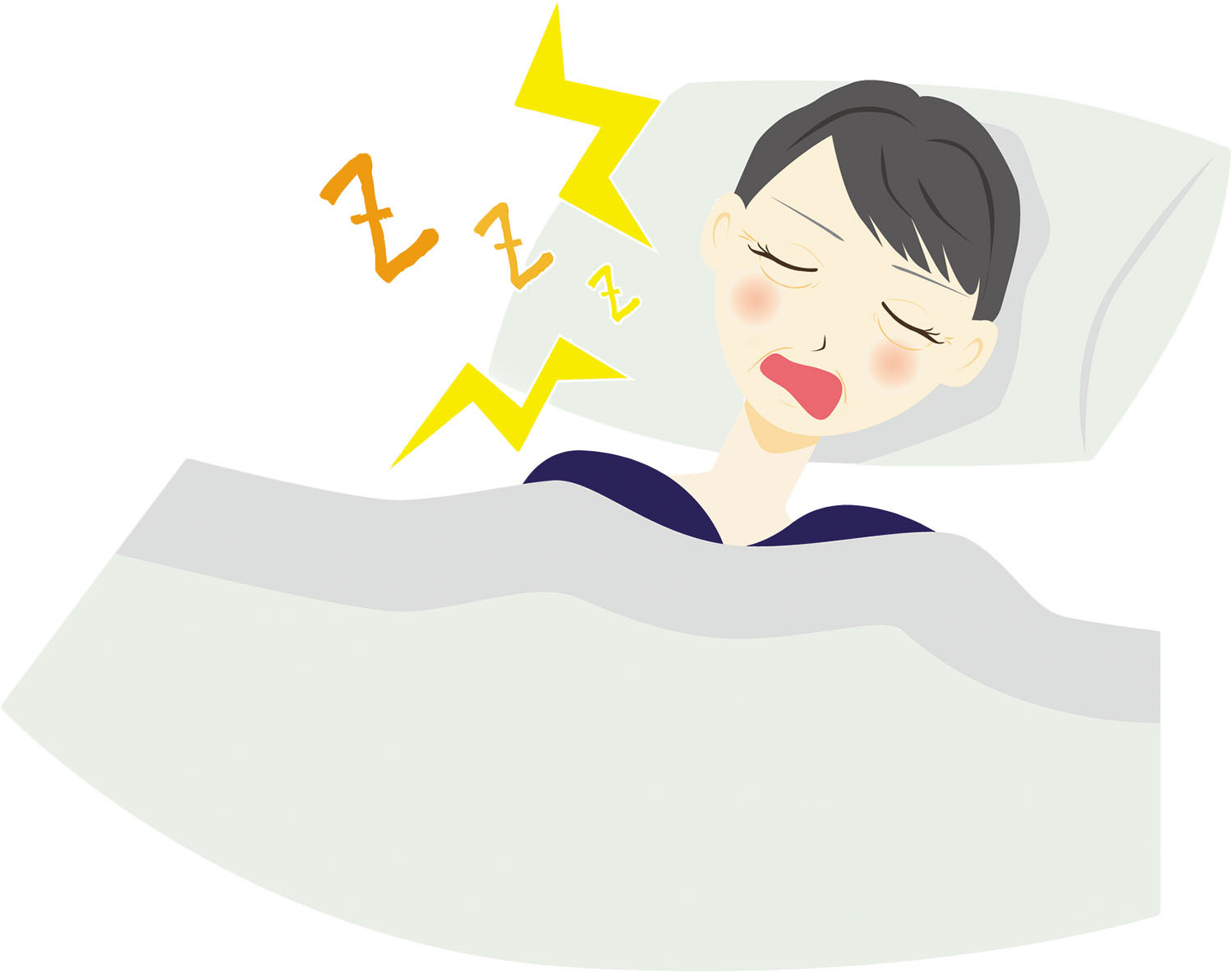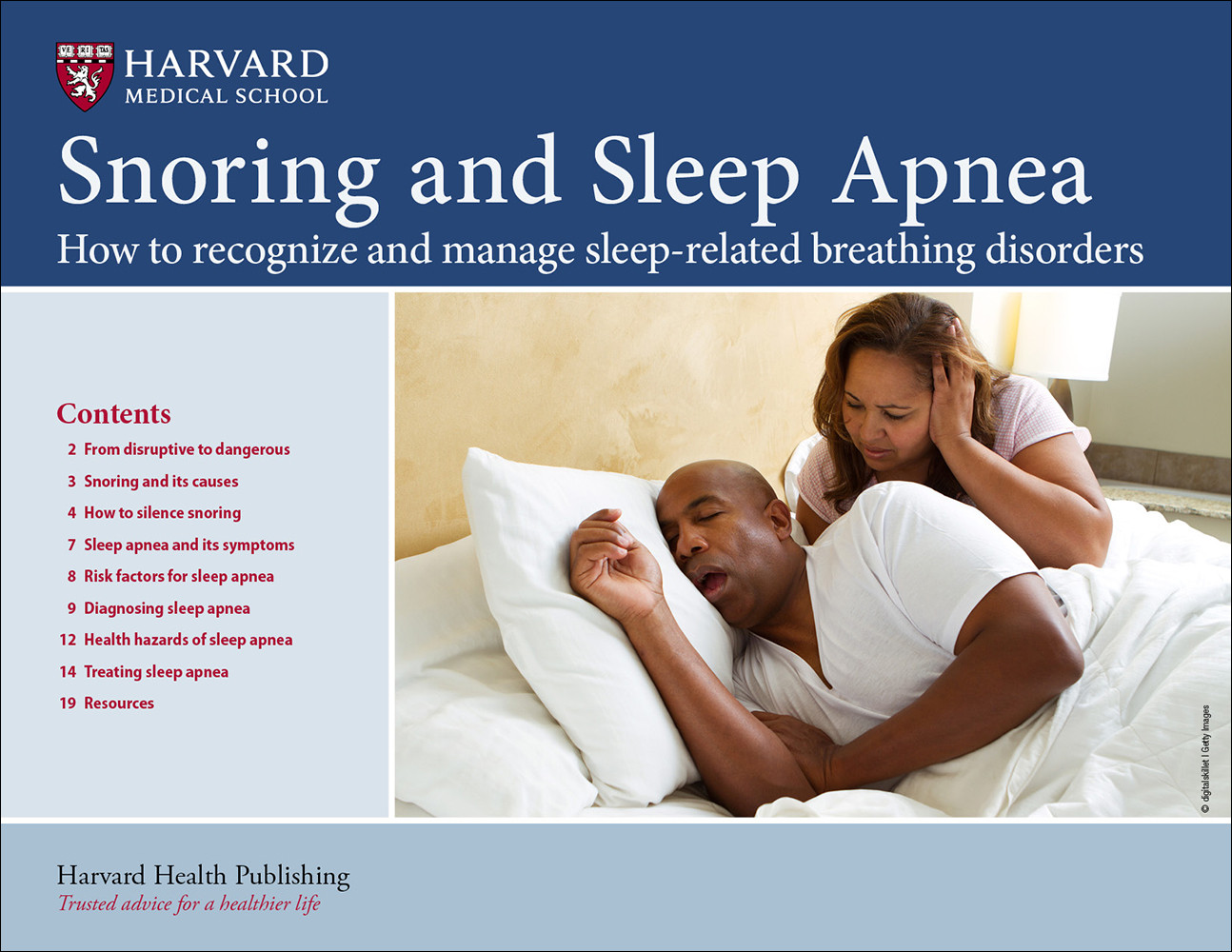Can mouth taping help my snoring?
Ask the doctors

Q. My daughter heard on social media that taping our mouths closed during sleep could improve snoring and lessen bad breath. Is this true?
A. Unfortunately, social media is rife with so-called medical advice that has no basis in science, and this sounds like yet another example. While intentional nose breathing during waking hours can offer many benefits — including slowing breathing, filtering allergens, and easing anxiety — taping your mouth while sleeping to achieve this can prove risky, leading to hampered breathing, disrupted sleep, or skin irritation. There's no research to support the measure, which, in certain cases, could significantly reduce a person's oxygen levels while sleeping.
If you find you consistently can't breathe through your nose while sleeping, you may have some type of nasal obstruction, such as a deviated septum or a nasal polyp. (Research has linked nasal obstruction with snoring.) You may also have allergies, asthma, or sleep apnea (meaning you briefly and repeatedly stop breathing while sleeping). Talk to your doctor, who may suggest tests to pinpoint the problem's cause.
Image: © necoji/Getty Images
About the Authors

Toni Golen, MD, Editor in Chief, Harvard Women's Health Watch; Editorial Advisory Board Member, Harvard Health Publishing; Contributor

Hope Ricciotti, MD, Editor at Large, Harvard Women's Health Watch
Disclaimer:
As a service to our readers, Harvard Health Publishing provides access to our library of archived content. Please note the date of last review or update on all articles.
No content on this site, regardless of date, should ever be used as a substitute for direct medical advice from your doctor or other qualified clinician.
















